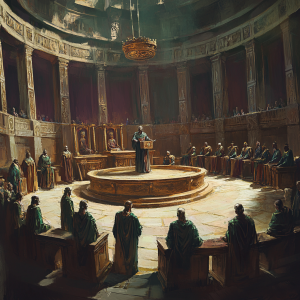Partisanship Doesn’t Just Color Our View of Facts—It Alters How We Think about Hypotheticals
BlueSky Thinking Summary
Neal Roese's study The study by Neal Roese researchers how such counterfactual thinking spans from the personal to ideological narratives in political discourse.
This work looks at precisely how Democrats and Republicans consider alternative political outcomes based on counterfactual changes in past decisions under conditions of an increasingly polarized political environment.
Using belief-congruent scenarios, subjects make plausibility estimates and assign blame in a manner revealing partisan biases.
It challenges the more traditional perspective of counterfactual thinking as essentially optimistic and identifies the ways it is co-opted to reinforce ideological positions in contemporary political debate.
His findings provide insight into how these cognitive processes underpin belief formation and deepen ideological fault lines in contemporary politics andunderscore the role of the imagination in the shaping of public perception of political realities.
Envisioning what could have been isn't just speculation;
it's deeply partisan and reshapes how we make sense of the past and navigate the present in today's polarized political environment.


